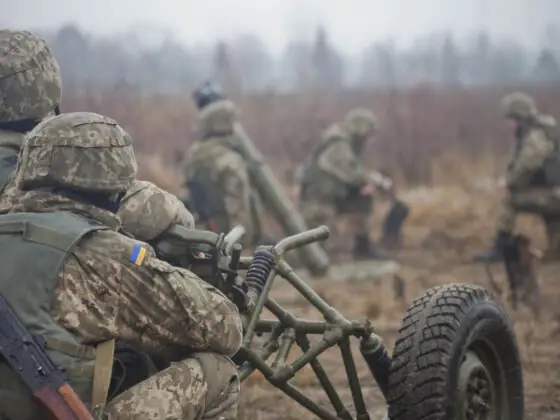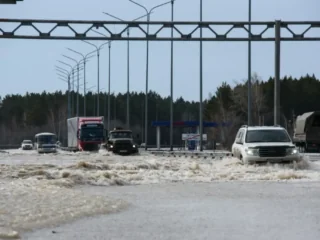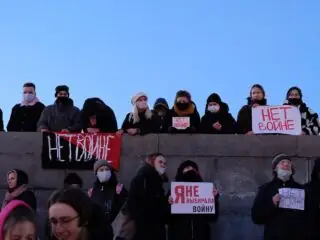
Russia’s Invasion of Ukraine | PONARS Eurasia Insights
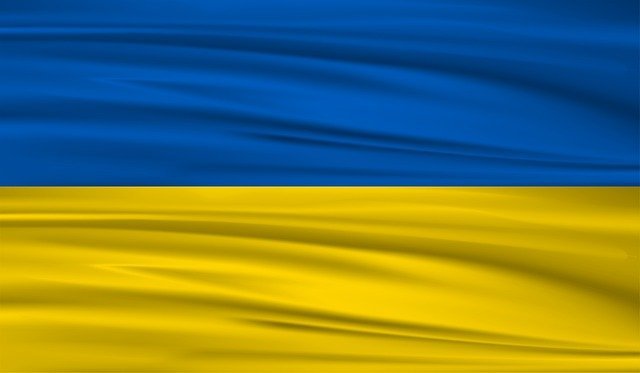
PONARS Ukraine Task Force: Incontrovertible Truths
OUR MISSION
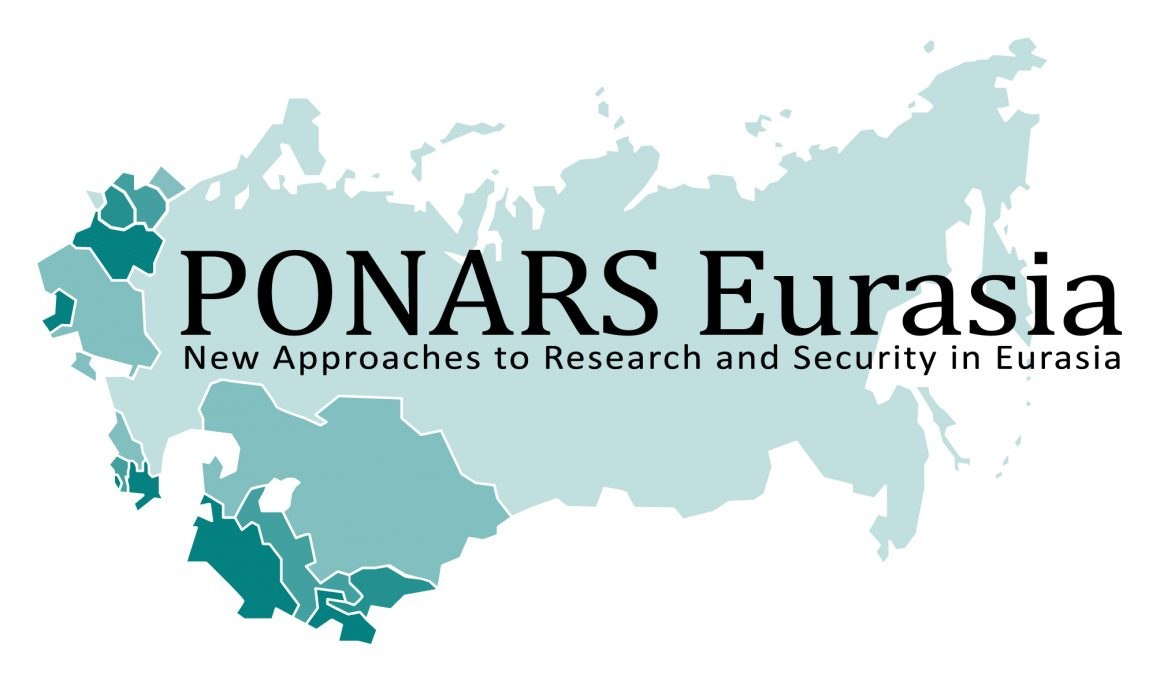
The Program on New Approaches to Research and Security in Eurasia (PONARS Eurasia) is a network of over 125 academics, mainly from North America and post-Soviet Eurasia, advancing new approaches to research on security, politics, economics, and society in Russia and Eurasia. Its core missions are to connect scholarship to policy on and in Russia and Eurasia and to foster a community, especially of mid-career and rising scholars, committed to developing policy-relevant and collaborative research.
Policy memos
RECOMMENDED
Online Academy
PONARS Eurasia Online Academy: educational videos authored by members and designed to provide succinct overviews of policy-relevant research and scholarship on Russia and Eurasia. Each video is accompanied by a list of additional sources, providing a foundation for those who would like to learn more about the topics addressed.
Join our events
Listen to our podcast
- In this week’s PONARS Eurasia Podcast, Maria Lipman speaks with Russian China experts Vita Spivak and Alexander Gabuev about the February meeting between Vladimir Putin and Xi Jinping, and what it may tell us about where the Russian-Chinese relationship is headed.
- In this week’s PONARS Eurasia Podcast, Maria Lipman chats with scholars Kelly Smith and Benjamin Nathans about the history, achievements, and impending shutdown of the Memorial Society, Russia's oldest and most venerable civic organization, and what its imminent liquidation portends for the Russian civil society.
- In this week’s PONARS Eurasia Podcast, Maria Lipman chats with social scientist Andrey Shcherbak about the quality of the data collected in the recent population census and the goals of Vladimir Putin's government's nationalities policy
- In this week’s PONARS Eurasia Podcast, Maria Lipman chats with Alexander Verkhovsky about the Kremlin's ever expanding toolkit against political and civic activists, journalists, and other dissidents.








